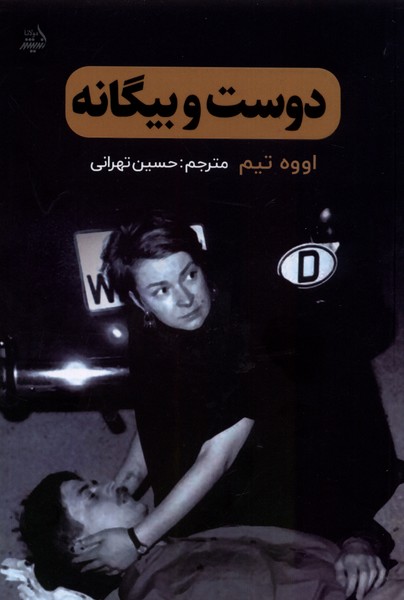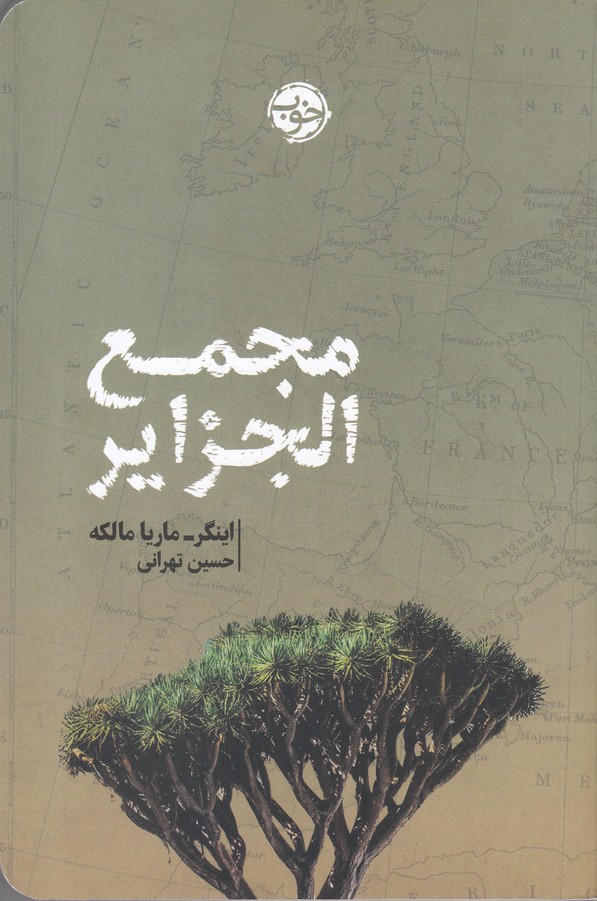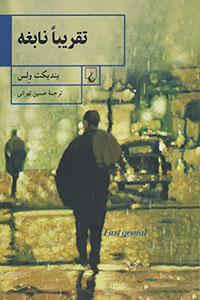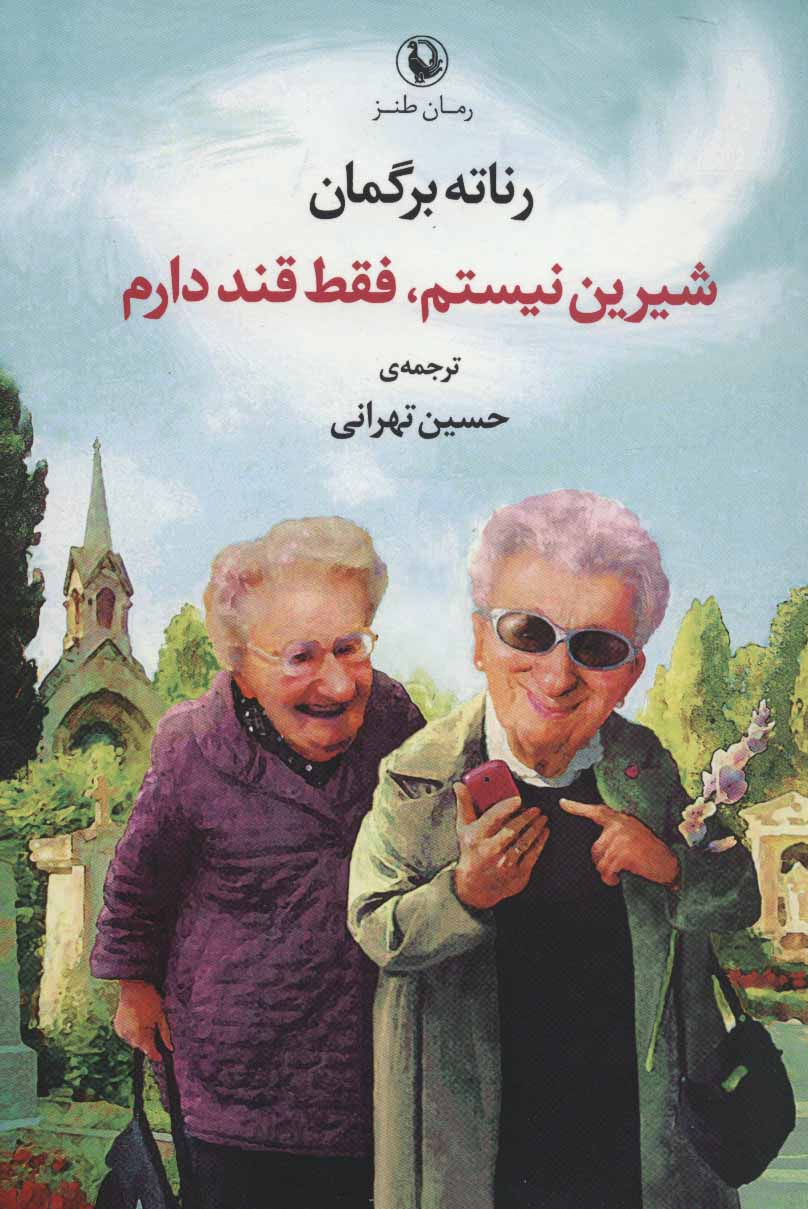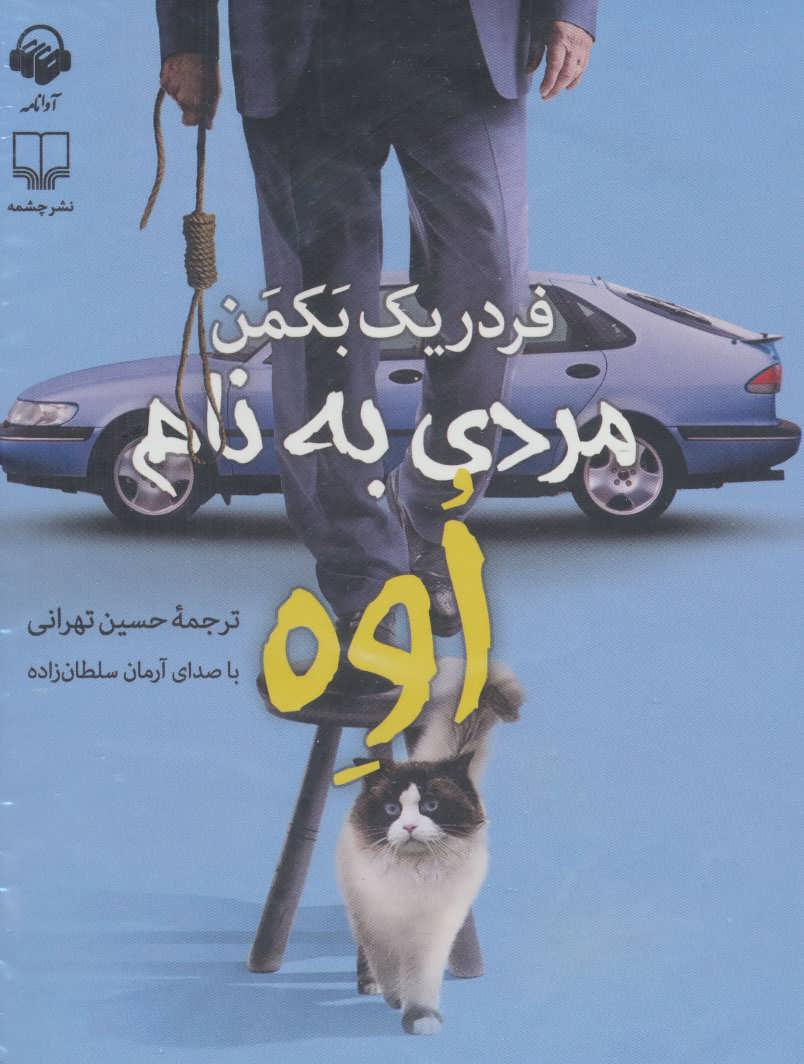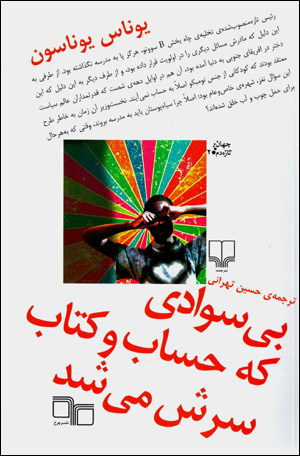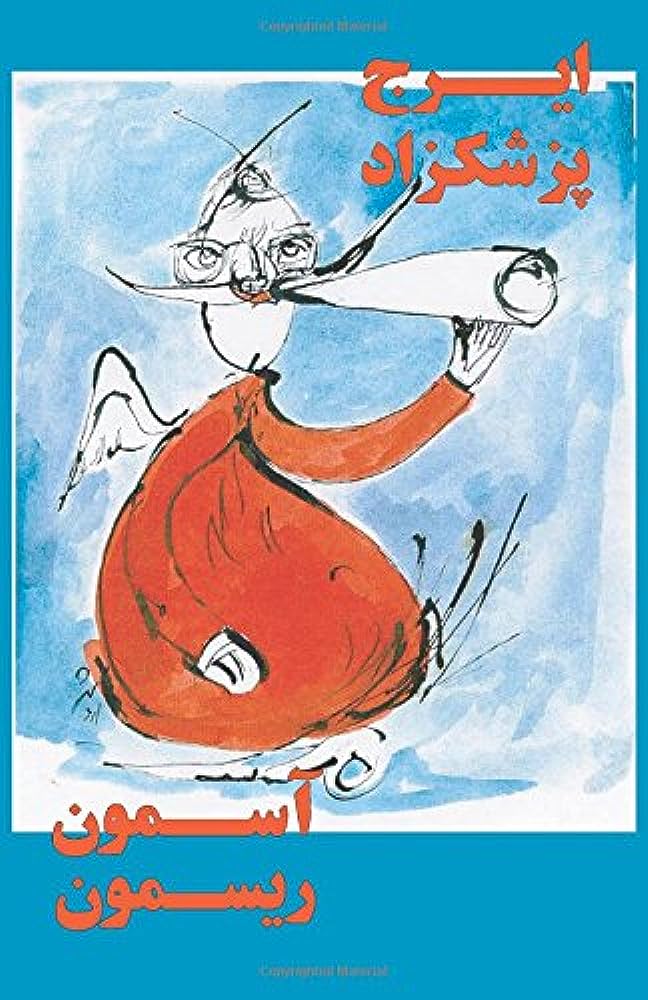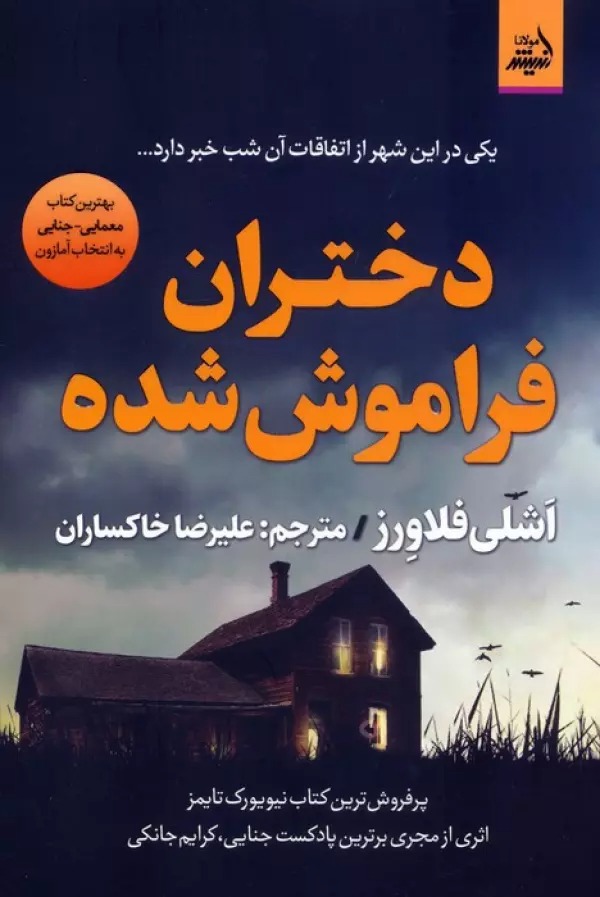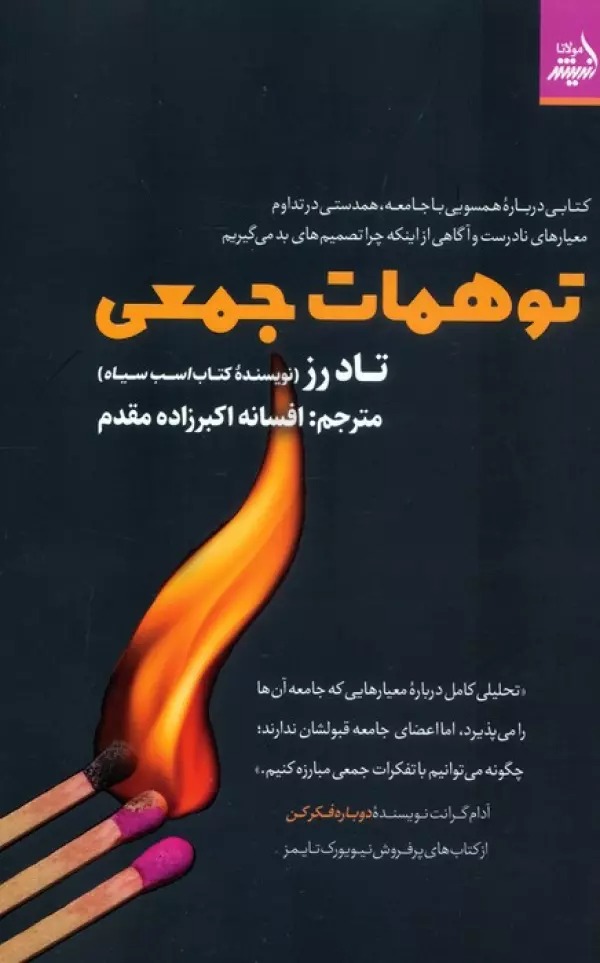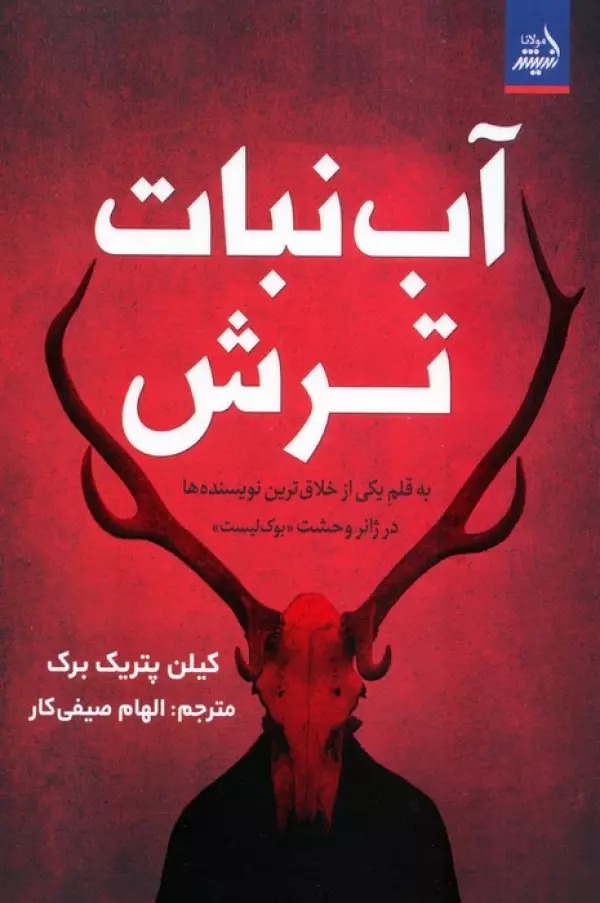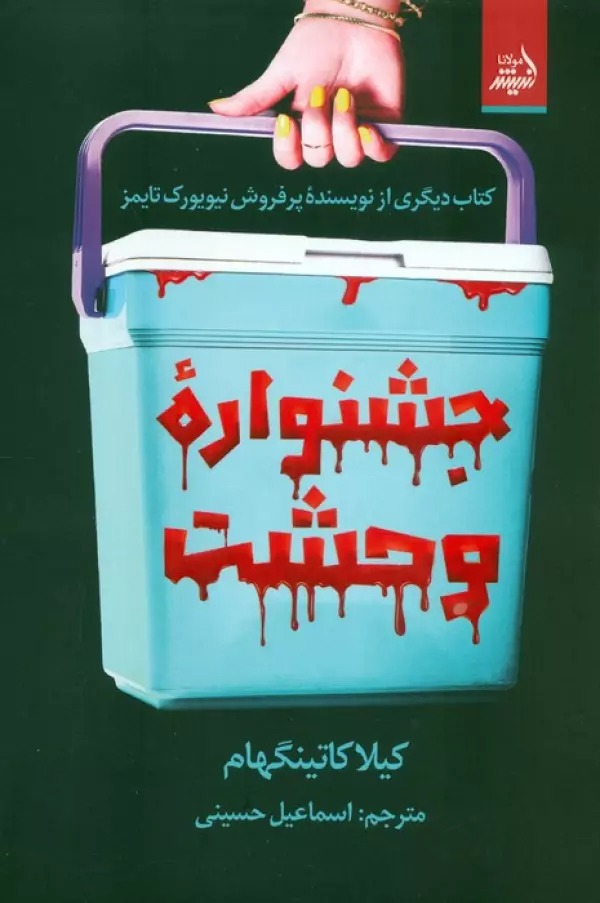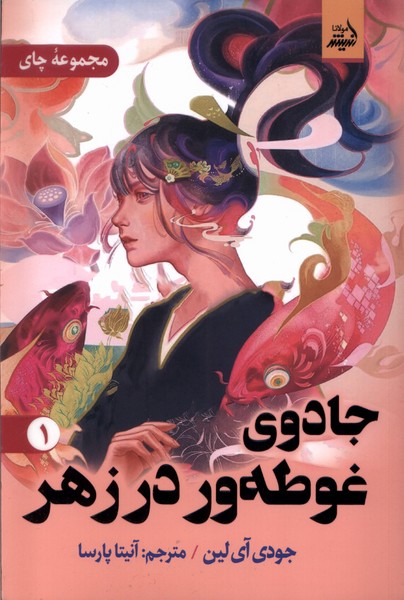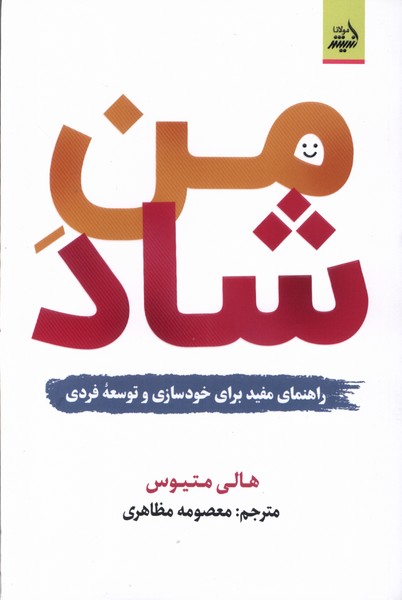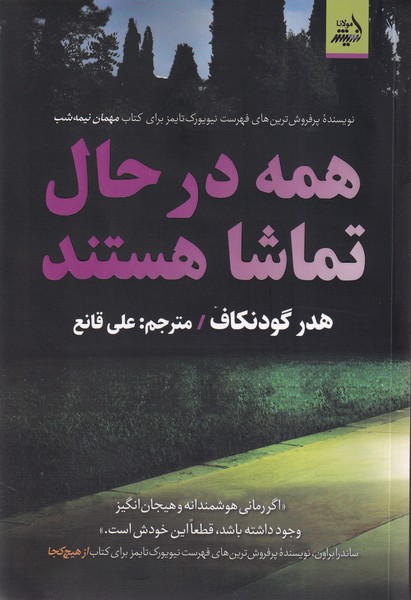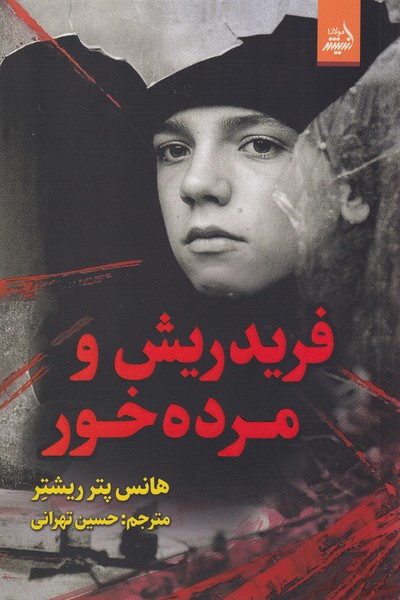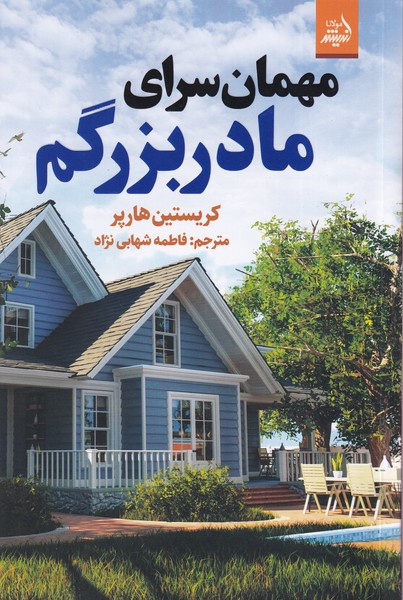Dust va Biganah: Persian 2023
دوست و بیگانه
20.85 $
Share
Wishlist
Original Title:
Der Freund und der Fremde
ISBN:
9786227632903
Translator:
Ḥusayn Tihrānī
Publisher:
Andishih Mawlana
Age Group:
Adult
Pages:
141
Weight:
156 g
Dimensions:
14 x 21 x 1.4 cm
Book Cover:
Paperback
Berlin, 2 June 1967. During a demonstration against the Shah's visit to Germany, the student Benno Ohnesorg was killed by a gunshot fired at close range by an undercover officer. He is twenty-six years old and has never been actively involved in politics. The murder is denied by the authorities, and his absurd death is the fuse that will soon ignite the student protest movement. Forty years later Uwe Timm returns to face that moment and its historical context and does so like the painful and intense reflection that in the previous book, "Like my brother", had supported him in the re-enactment of his own tragic family, of Nazi everyday life and its aftermath in post-war Germany. Also in this case Uwe Timm is neither a spectator nor a detached reporter: Benno Ohnesorg had been for him first and foremost a friend and fellow student in the college where they both found themselves after having undertaken, out of necessity, a different personal career. United by the same passion for literature and the desire for self-discovery, the two share a passion for books and initial attempts at writing before their lives take distinct directions. A "short parable" is the journey of Benno Ohnesorg, marked by a tragic and then paradoxical fate at the very moment in which he becomes a "political example", so far from the true essence of the thoughtful and quiet, sensitive, and shy boy.
more
اووه تیم، متولد سال۱۹۴۰، نویسنده ی آلمانی است که در شهر هامبورگ متولد شده و تاکنون بیش از ۲۰ اثر داستانی و شعر منتشر کرده است. او سال ۱۹۴۳ هنگامی که تنها سه سال داشت همراه مادرش به جنوب آلمان رفت تا نزد عمویش که از فروش پوست حیوانات گذران زندگی می کرد، زندگی کند. برادرش در حالی که تنها ۱۶ سال داشت در بیمارستانی صحرایی در اوکراین درگذشت و اووه تیم در کتاب مثلا برادرم که سال ۲۰۰۳ منتشر شد به زندگی خانواده ی خود اشاره کرد. سال ۱۹۶۳ در کالج شهر براونشوایگ دیپلم گرفت و بعد از آن در شهرهای پاریس و مونیخ در رشته های فلسفه و ادبیات آلمان تحصیل کرد. او بین سال های ۱۹۶۷ تا ۱۹۶۸ عضو گروه دانشجویان سوسیالیست آلمان بود. اووه تیم ناظر جریانات دانشجویی اواخر دهه ی شصت بود که بعدها در کتاب تابستان داغ درباره ی آن نوشت.جایزه ی ادبی شهر مونیخ، جایزه ی ادبیات نسل جوان آلمان برای کتاب خوک دونده ای به نام رودی روسل، جایزه ی ادبی توکان برای کتاب قرمز و جایزه ی مدال کارل تسوکمایر در سال ۲۰۱۲ از دیگر جوایز این نویسنده ی آلمانی است.
more

